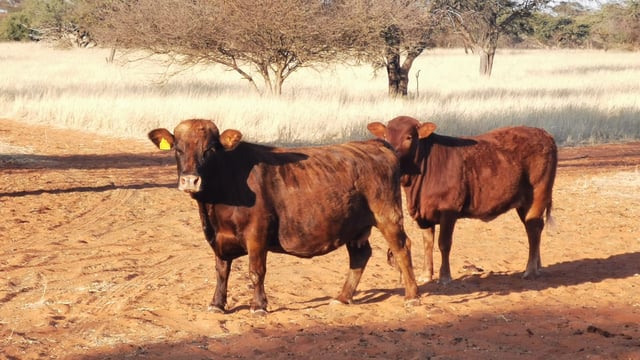EU exports grew by 3% in first quarter of 2025
EU agri-food trade remained strong in the first quarter of 2025 according to the latest data from Eurostat.
Exports grew by 3% compared to 2024 and reached €59.7 billion, supported by high cocoa prices, while cereals exports declined.
Imports increased by 20%, reaching €48.1 billion, mainly due to higher prices for cocoa, coffee, fruit and nuts.
EU agri-food trade balance remained largely positive, reaching €11.6 billion in the first quarter, despite a reduction due to higher imports price compared to 2024.
EU agri-food exports
EU agri-food exports reached €21.1 billion in March 2025, bringing first-quarter exports to €59.7 billion, 3% higher than in the same period in 2024.
The UK remained the top export destination with €13.5 billion in the first quarter of 2025 (23% of EU agri-food exports).
This is an increase of €583 million (+5 %) compared to the same period in 2024. In contrast, exports to China declined due to lower cereals exports.
Exports of coffee, tea, cocoa, and spices saw the largest growth in early 2025 compared to 2024, rising by €1.1 billion (+51%), driven by a sharp increase in cocoa product prices.
Confectionery and chocolate exports also grew significantly (+21%, +€539 million), as did dairy products (+7%, +€327 million), mainly due to higher prices.
In contrast, cereals exports dropped by €1 billion (-27%), mostly due to lower volumes of wheat and maize.
EU imports
EU agri-food imports rose to €48.1 billion in the first quarter of 2025, up 20% compared to the same period of 2024, largely driven by higher prices for cocoa, coffee, and other products.
Brazil, the US, and the UK remained the top import origins, with notable increases also seen from Cote d’Ivoire (+84%, +€1.2 billion) and China (+35%, +€732 million).
In contrast, imports from Russia and Ukraine declined due to reduced cereals and oilseeds trade, according to the data.
Rising prices for key products continued to drive EU agri-food imports in the first quarter of 2025.
Imports of cocoa, coffee, fruit and nuts, and non-edible products saw strong growth, with cocoa prices doubling and coffee prices up 65%.
In contrast, imports of sugar and isoglucose (-39%, -€197 million), and olive oil (-32%, -€167 million) declined due to lower prices and reduced volumes.











